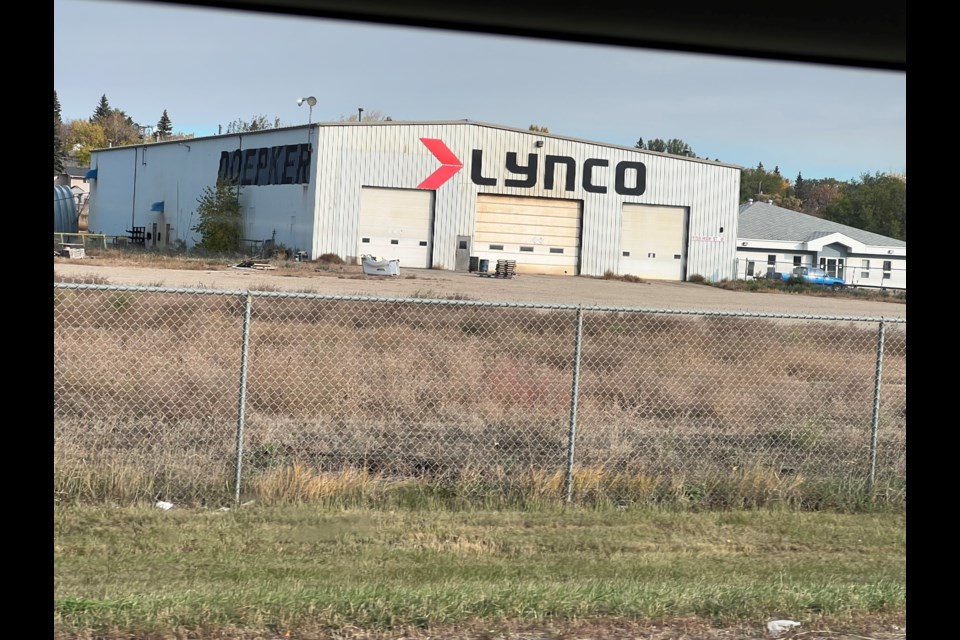Tire Stewardship of Saskatchewan (TSS) and CRM®, a crumb rubber manufacturing company is investing to make a new tire recycling centre in southern Saskatchewan – Moose Jaw, which is expected to be operational in 2023.
“I am really excited about it, mainly because I live in this province,” said CEO Stevyn Arnt. “We are really focused on how can the products that we produce in processing replace other more carbon-intensive products.”
Arnt has a background in both the public and private sectors. He grew up in the grain and fertilizer industries, with a background in commodities, operations management, logistics and marketing. In the last several years, he worked with the government, mainly in economic development roles.
He has an MBA from the University of Manitoba. He is the CEO of Tire Stewardship of Saskatchewan, although he started as executive director in 2020. “I was just named CEO within the last few months.”
In early 2021, TSS requested a proposal for a processor to service the Southern portion of the province. CRM was one of the several applicants that responded and provided a detailed business plan that included a willingness to invest.
They have established markets in North America for their high-value products and they are going to establish a multi-phase approach, although their primary products will be Rubber Modified Asphalt (RMA), synthetic turf field and a little bit of rubber moulded products.
This venue will be built in Moose Jaw and is expected to be up and operational in early 2023. “We are excited about the market expertise and the technology that they utilize,” he said.
Arnt has an interest in RMA, a material built for cold weather climates and lasts longer due to its flexibility and traditional hybrid properties. RMA is 100 per cent recyclable and can be reused on the roadway multiple times.
TSS’s primary task is to deliver all the scrap tires from Southern Sk. into this facility for further processing. “We have a processing agreement on the place that sets out the particulars of this arrangement,” said Arnt.
He says the purpose of this centre is to reduce greenhouse gas emissions associated with the processing of scrap tires. Their processors will replace carbon-intensive products such as car exhaust gases (from shipping over longer distances previously, rather shorter distances from now on) and other industrial gases. Reducing greenhouse waste will help to make a greener economy.
He also mentioned that since 2017 TSS has focused on reducing the environmental impact and they are anticipating CRM’s 100% production will be value-added processing. This also involves shortening the average distance and reducing greenhouse gas emissions associated with collections of scrap tires collected from customers. This is all possible with the addition of a second processor.
He said most of the tire processing in Sk. has been Tire Derived Aggregate (TDA), which is mainly shredding the tires into fairly larger pieces. Since TDA is valued lower, it sells for a lower price than value-added products.
This means the processors rely on incentive fees from customers which they pay for each new tire purchased within the province for scrapping. TSS is changing its incentive framework to encourage processors in the future to develop new long-term markets for products and become less reliant on incentive fees for financial feasibility.
“We believe we will greatly decrease the annual environmental impact of carbon with this increased focus on value-added activities.”
In 2020, TSS did a study on environmental impacts and how to reduce the carbon footprint over 22 kilometres of driving. Their analysis showed a net decrease of 22 million carbon emissions is possible. “We are anticipating that we are likely going to double or triple on our annual decrease of the impact of our program with a great focus on value-added processing.”
Arnt also says TSS is not only looking for a greener economy from an environmental perspective but also wants to help the economy with employment. CRM and TSS want to give opportunities to local research communities to help them build more technologies that will be beneficial for the foreseeable future of the province.
He believes this centre will lead to further downstream and upstream job opportunities.




